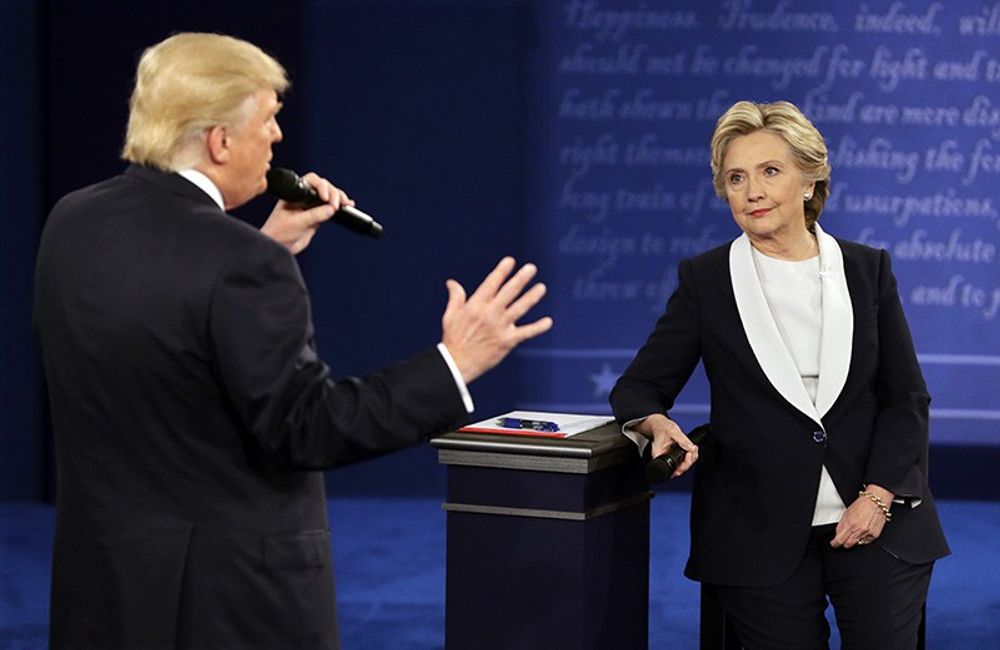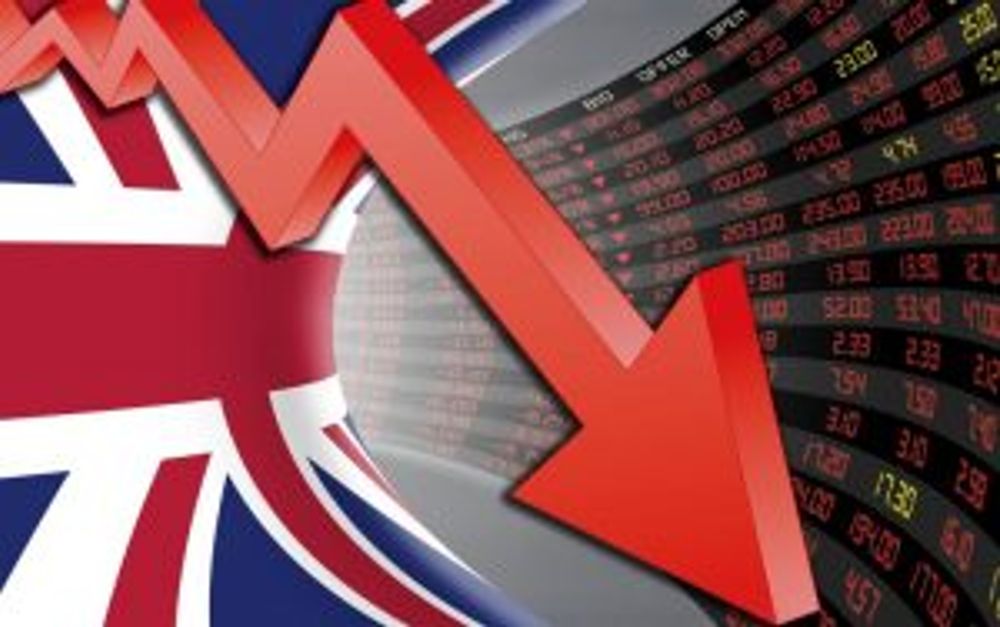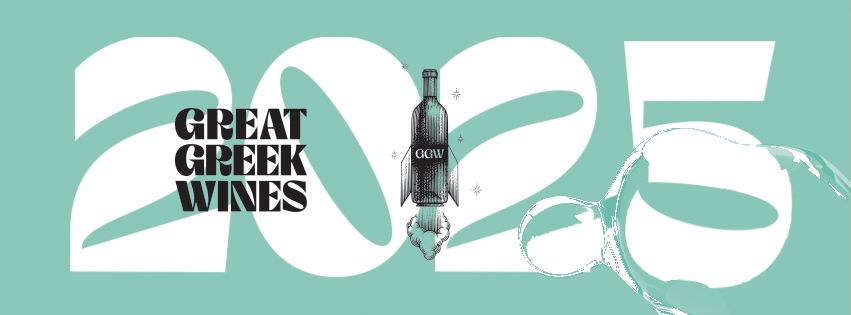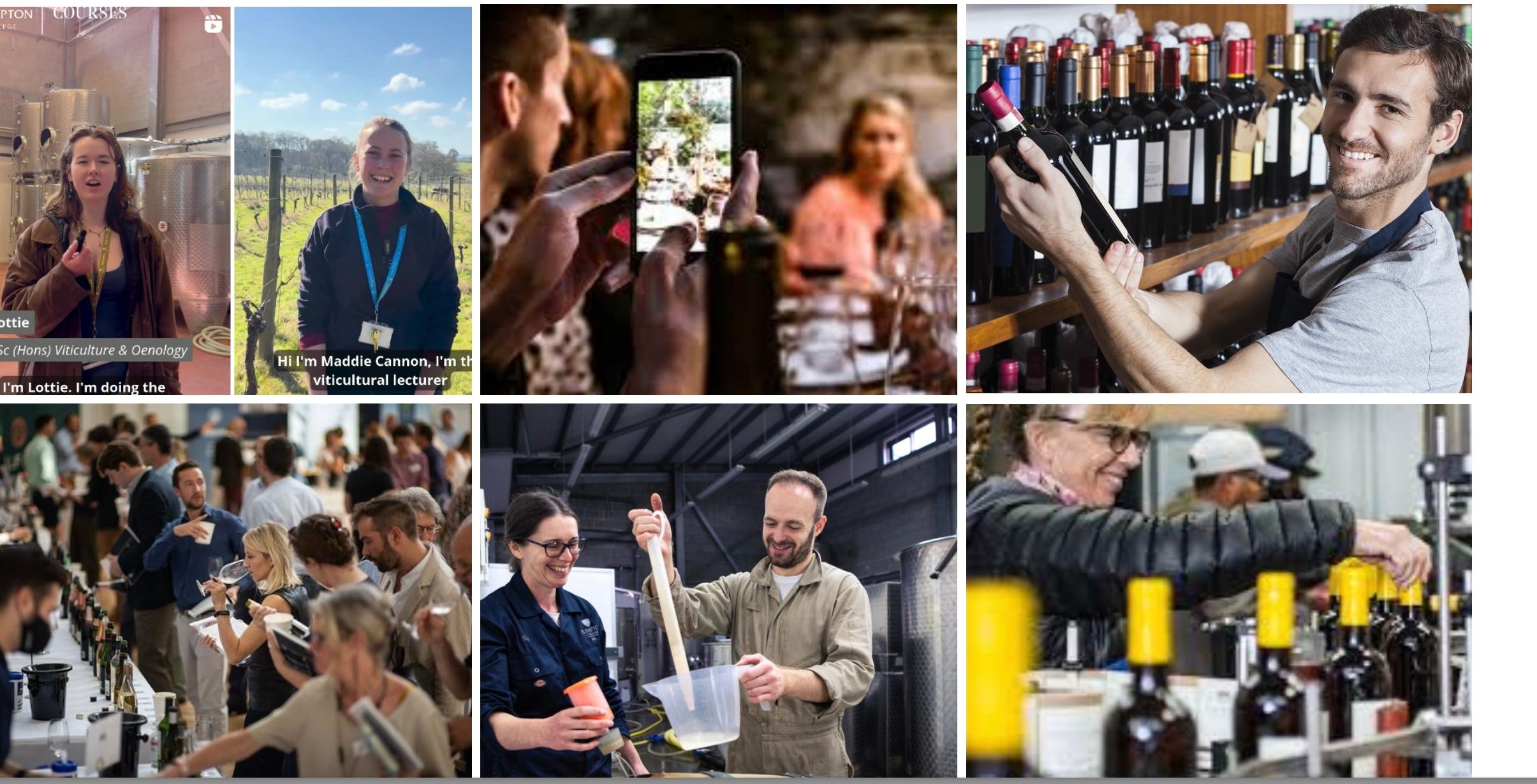Richard Siddle on why the plunging pound means both buyers and sellers of wine and spirits will have to change the way they work together for the long-term rather than short term benefit of the drinks industry.

Are we all in our own version of The Hangover?
There’s always a scene in any road movie when the main characters are up to their necks in complete chaos. From Planes, Trains or Automobiles to the Hangover you are left thinking can it really get any worse for these characters? And of course it does.
Well, it seems like we are all currently starring in our own road movie. We may not have reached that apparent point of no return, but we know it’s coming. Regardless of what we do.
Rarely has there been so much upheaval, uncertainty and simply not knowing what is around the corner, be it in our personal lives, or business world.
But with global currencies fluctuating by the day it is hard to keep track on what to do next week, never mind a month or six months to a year from now. Which is not ideal when you are planning and placing orders for wine or spirits that may still be sitting in a fermentation or distilling tank the other side of the world.
At the moment the spotlight is very much on the UK and the plunging value of sterling against all the major world currencies. Down nearly 20% against the dollar since June 23, and the day the UK voted to leave the European Union.
As we all know it is now a lot more expensive to buy any kind of drink or product from our key markets anywhere in the world. Drinks producers around the world might, on paper, be rubbing their hands at the margins they can now make selling their products to the UK, but not if there aren’t any buyers willing to pay the price to do so.
World situation
Which is why it is wise for producers in currently more advantageous countries to not brag about what a great position they are in. Firstly, nobody wants to hear about how much more you can now get for your wines or spirits. Secondly, you don’t know what is going to happen to your own currency or economic situation down the line.
Take the European Union. There is a growing feeling amongst some financial analysts that the euro could be in for its own form of currency battering going in to 2017. France, Italy and, possibly even Germany, could end up with new leaders following their own forthcoming elections.
Each of which will have their own individual impact on the strength of the euro. Strikingly those elections will collectively go on for months putting the whole future, purpose and effectiveness of the EU, and the euro, under the volatile microscope of the currency markets.
Whatever happens in the drawn out Brexit negotiations the EU is going to have to change. Whatever deals the UK finally ends up will have a knock-on effect to how the EU operates with its own member states.
Who knows all of this might eventually be good news for the beleaguered pound.
World volatility

Whatever happens in the US election, the dollar could pay the consequences (AP Photo/John Locher)
Then there is America and the fact they are going to have a tarnished and unpopular president in charge of the country regardless of who finally comes out standing between Trump and Clinton.
The dollar might rule the waves now, but what will happen to it if Trump strides in to the White House come November 9. Hilary Clinton signing the presidential oath is hardly going to send the world markets in to rapture either.
Then there are the equally volatile Asian markets to keep an eye on. Tensions there are increasingly having ripple effects around the world. The Japanese banks have had their own version of a wobble in recent weeks and China’s economy continues to impress and alarm in equal measure.
All of which makes for interesting and worrying times for wine producers, distributors, buyers and retailers alike.
There has never been a greater need to plan and be prepared. To be on top of grape prices, the latest trading and currency data, and to have business plans in place with customers that are as flexible, and fair, as possible for both sides.
Unilever’s high profile spat with Tesco this week shows how sensitive the issue of putting up prices, and blaming Brexit for doing so, is not only with existing customers, but how that then plays with the public. Unilever and Tesco’s private squabble become front page news and both received a backlash from consumers fearing they would not be able to buy their favourite deodorant, shopping powder or jar of Marmite.
It is not clear how they resolved their dispute, but it is a warning and lesson to all drinks producers and distributors that increasing prices is not going to be the simple solution to our problems.
It is going to mean a different playing field for drinks buyers and their producers to operate on. The rules of engagement are going to change. UK drinks buyers are not necessarily going to be holding all their cards, if a producer believes they can get a much better price elsewhere.
Long ball game

Those able and willing to look at the long term are best placed to come out of this whole Brexit mess. Clearly some businesses are going to be better placed than others to make those long term decisions. But making short-term calls to plug holes and protect profits may not be the best course of action in the long term.
Buyers and sellers who are able to truly understand each others issues, problems and opportunities are best placed to work together. Those who don’t are likely to part company quite quickly.
We can certainly expect to see more short term buying opportunities and the emergence of new countries and areas of supply that suddenly become highly competitive.
Long established trading routes will not be as secure as they once were as buyers seek out their next quick fix, however questionable that might be.
But for all the confusion and anxiety that surrounds us, there is some good news to look forward.
All road movies end up with a happy ending. Don’t they?
- This is an adapted article first published on VINEX, the global trading platform for bulk wine.










































